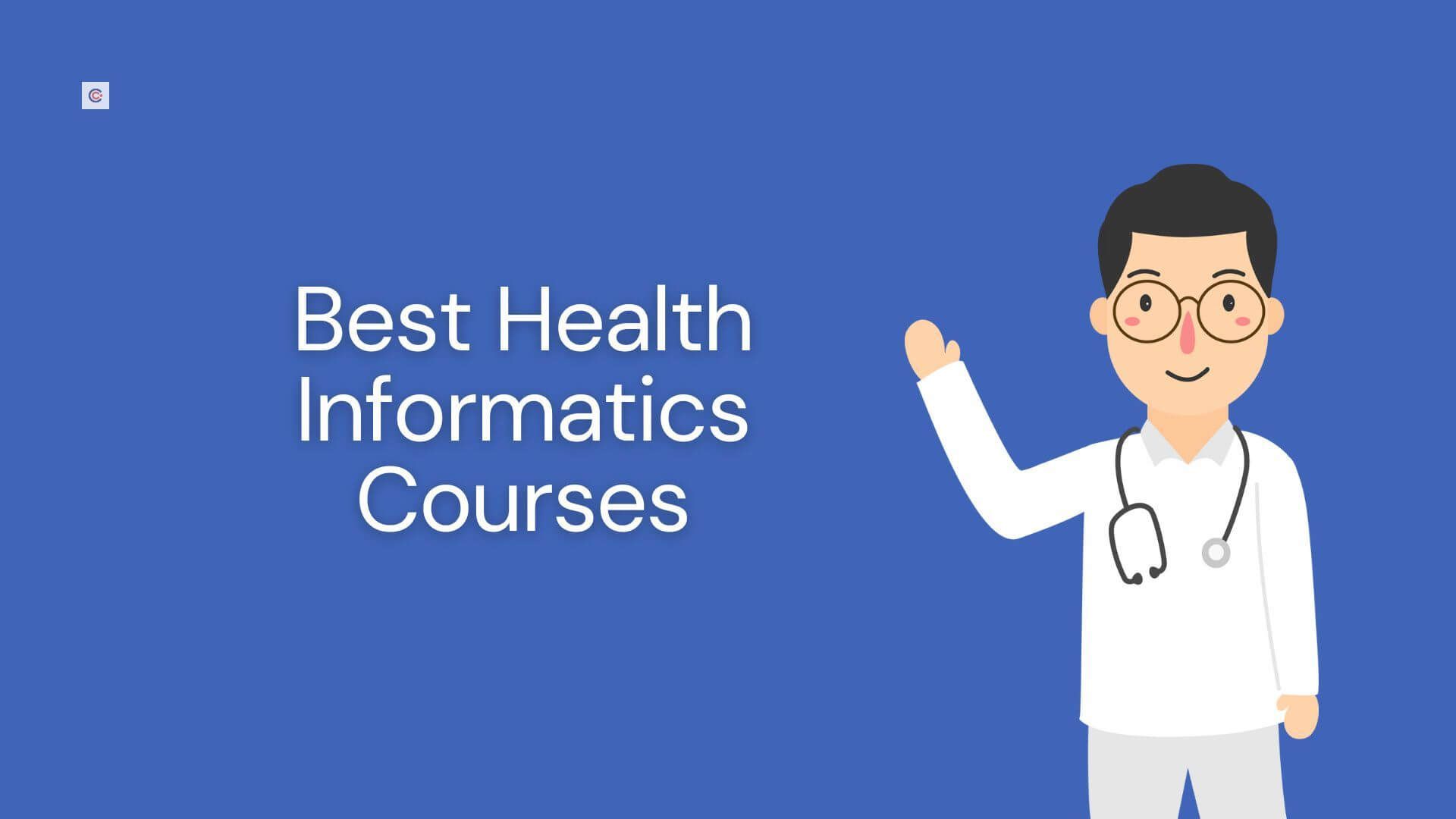Looking for comprehensive health informatics courses to advance your healthcare career? This guide will delve into the essential aspects of health informatics courses, addressing the key benefits, common challenges, and necessary skills required to thrive in this rapidly evolving field. Health informatics courses are designed to equip healthcare professionals with the skills to manage and analyze healthcare data effectively, resulting in better patient outcomes and optimized healthcare systems. Many professionals face challenges in keeping pace with technological advancements and data analysis methods; however, specialized health informatics courses will address these challenges head-on. This article will guide you through the various aspects of these courses, examining the necessary skills for success, practical examples, and the future outlook of the field.
Understanding the Fundamentals of Health Informatics Courses
Defining Health Informatics
Health informatics is an interdisciplinary field that combines information science with healthcare practices. It encompasses the use of technology to manage, analyze, and utilize healthcare data for improving patient care and operational efficiency. In essence, it’s about leveraging the power of data to optimize healthcare delivery. This interdisciplinary approach is critical in integrating technology and healthcare practices effectively.
Identifying the Need for Health Informatics Training
The increasing volume of healthcare data necessitates professionals adept at managing and interpreting this information. This is where health informatics training steps in. With a multitude of electronic health records (EHRs), patient portals, and diagnostic tools, hospitals, clinics, and research facilities need specialists who can navigate this data and use it to make informed decisions. Without specialized training, hospitals may be left struggling to extract the value from the wealth of data generated. An estimated 80% of healthcare facilities report a need for professionals with advanced health informatics skills. Effective training will give healthcare professionals the skills needed to navigate this data landscape.
Key Objectives of Health Informatics Courses
The primary objectives of health informatics courses often involve equipping students with the technical skills needed for effective data management and analysis. They typically cover topics like data warehousing, data mining, data visualization, and more. Health informatics courses will also help students understand the ethical considerations and legal implications associated with healthcare data management.
Curriculum and Content of Health Informatics Courses
Core Concepts in Health Informatics
Many courses cover fundamental concepts such as data modeling, data warehousing, and data mining techniques. Students learn how to design and implement databases, extract meaningful insights from data, and utilize analytical tools for evidence-based decision-making. These courses typically incorporate hands-on experience with real-world case studies, providing practical applications for theoretical knowledge.
Practical Applications of Health Informatics
These courses aim to bridge the gap between theory and application by integrating real-world scenarios. For example, students might analyze a dataset from a hospital to identify patterns in patient readmissions, leading to strategies to improve care quality and reduce costs. This practical application will allow students to apply the skills and knowledge gained to real-world settings. This approach is essential in preparing students for the complexities of a data-driven healthcare environment.
Essential Skills and Tools
Health informatics courses emphasize the practical skills needed to utilize tools and software. Specific skills such as data visualization, data management, and the use of analytical tools like SAS or R are emphasized. A case study involving an oncology department seeking to predict patient survival rates, using a structured data model, can illustrate the significance of these skills.
Types of Health Informatics Programs
Different Course Levels and Formats
Health informatics programs come in various formats, including certificate programs, graduate degrees (master’s and doctoral), and short courses. Depending on the specific goals, students can choose the format that best suits their needs and career trajectory. Short courses offer concise training in specific areas, while degrees offer comprehensive knowledge and greater career advancement potential.
Online and In-Person Options
Many institutions offer both online and in-person programs in health informatics. Online formats provide flexibility for working professionals, while in-person programs can provide networking opportunities and direct interaction with instructors and peers.
Specialized Areas of Focus
Specific areas, such as public health informatics, bioinformatics, or clinical informatics, are offered at the Master’s or Doctoral levels. These programs allow for deep dives into specialized health informatics functions.
Benefits and Career Opportunities
Enhancing Patient Care Through Data Analysis
Effective use of health informatics tools allows for a greater understanding of patient data, enabling improved treatment plans, personalized medicine, and preventative care.
Improving Healthcare Operational Efficiency
Health informatics principles contribute to optimized workflows, streamlined processes, and reduced administrative burdens. Data analytics can be critical to identifying operational inefficiencies and implementing strategies for improvement.
The Growth of the Health Informatics Field
The health informatics field is experiencing rapid growth, driven by the ever-increasing volume of health data, the importance of data-driven decision-making, and the rising demand for skilled professionals.
Practical Considerations
Cost and Financial Aid
The costs of health informatics courses can vary depending on the level, format, and institution. Students should research financial aid options, scholarships, and potential employer support.
Selecting the Right Course
Carefully consider the program’s curriculum, faculty expertise, learning environment, and career services when choosing a health informatics course. Consider any relevant experience or personal interests.
Finding a Reputable Institution
Choose an accredited institution known for its reputation in the health informatics field.
In conclusion, pursuing health informatics courses is a crucial step toward a rewarding career in healthcare. The dynamic field of health informatics is continually evolving, demanding professionals with expertise in data analysis, management, and application. By mastering these skills, you contribute significantly to improved patient care, operational efficiency, and research advancements. For those seeking to excel in this field, we recommend actively exploring the available courses and programs, focusing on areas such as database design, data visualization, and data security. Further exploration of relevant certifications can also elevate your professional profile in this evolving domain.
